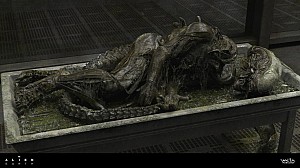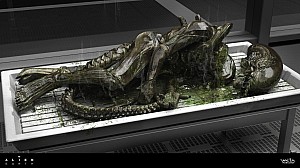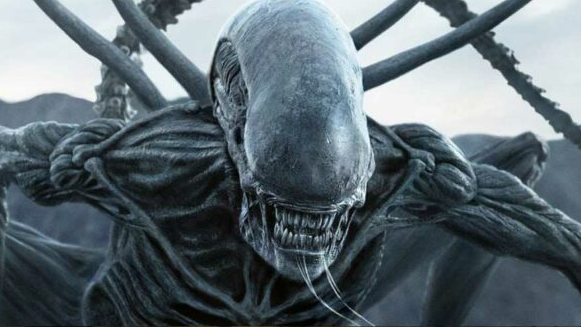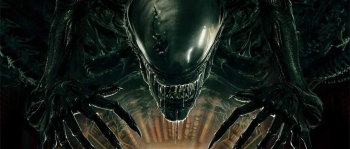Is Ripley a 'compensatory' character that allows Scott's Alien to unleash unconscious rage against 'Mother'?
Alien: Covenant Forum Topic

murnau
MemberOvomorphJul 28, 20179918 Views28 Replies
I’ve been thinking about this for a while now.
What makes Alien so fascinating is its blend of body-horror, erotic imagery, and themes of penetration and violation. Amid this cocktail, one of the most famous of movie heroines survives, keeps her honour, kills the monster.
But why is the computer called ‘Mother’? Why does Ripley rage ‘you bitch!’ when the computer won’t reverse the self-destruct sequence? And what is it the monster does, what is the only thing it does? It devours, penetrates, ‘rapes’, destroys.
If I were a psychoanalyst I would say that the Ripley character – whose position is fundamentally the same as Shaw and Daniels in Prometheus and A: Covenant – is the acceptable face of femininity, whose body is chaste, unviolated, and whose dignity is portrayed as almost sacred (David Fincher’s Alien3 draws on this with its final images of Crucifiction and Virgin-Child). It is the compensatory fantasy, that allows the movie to express something else, something darker.
Beneath this lurks the destructive, matricidal rage that gives the movie its disturbing, fascinating energy. This energy lurks in the shadows, it ambushes its victims while remaining hidden. It is a phantasmic, unconscious rage, that can also be said to be a wish to ‘have’ the mother, to incorporate her, to ‘eat’ her, to bring her into the body of the devourer.
All of this, I think, is what makes the scene near the end, when Ripley undresses and climbs into the Spacesuit, a shocking and erotic moment. Everywhere else in the movie, she is fully dressed, non-sexualized, demure. Suddenly, it is not only the monster who is aroused, showing his stiff inner jaw, dripping with liquid. The viewer is also drawn into a state of arousal, and this threatens to break apart the narrative logic, that ‘Ripley’ is sacred, untouchable, virgin-like and destined to defeat the horrid Id-monster. The viewer has not been allowed to desire her until this moment. But now, briefly, the audience becomes like the xenomorph: we want to ‘have’ her, devour her, destroy her. Ripley singing a lullably like a little girl only gives the scene more charge, makes it more troubling.
And suddenly, Ripley penetrates the xeno with a bolt, and triumphs. The moment is passed, the audience is lulled with peaceful music, and we forget that, for a moment there, we sat on the shoulder of the monster, wanting what it wanted, looking that way it was looking. Interestingly, from a logical point of view, the monster could not see what we were seeing inside the booth where Ripley was undressing, and yet it showed us its ‘erection’. At that moment, the xeno was expressing the point of view of the audience, not its own.
What do you think? This may be a controversial idea, and I’m sure not everyone will agree, but I would like to know what you venerable people think. . .
thoughts of murnau
Are you an avid Alien fan looking for a dedicated online community of likeminded fans? Look no further! Create your own profile today and take part in our forums and gain XP points for all the content you post!


















